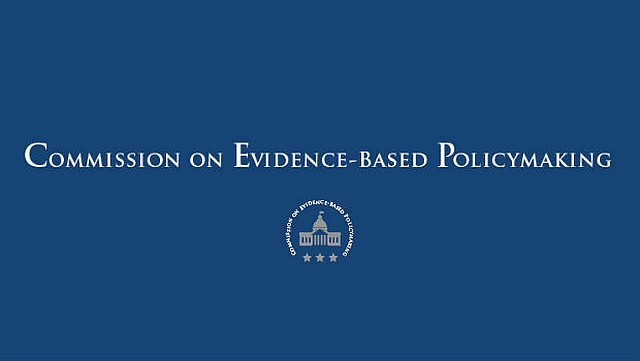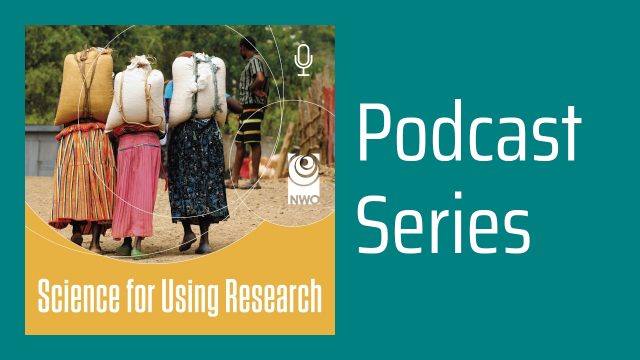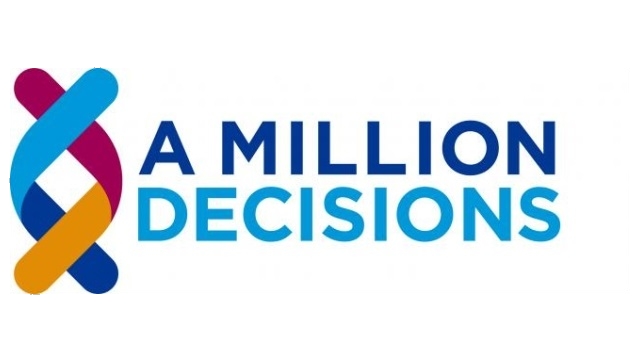![Collaborating on Research by National Eye Institute [Flickr image]](https://realkm.com/wp-content/uploads/2018/07/9955278615_c5356cdffd_z.jpg)
Leadership competencies for knowledge translation in public health
At the best of times, we should expect that investment in medical research flows through to outcomes that benefit public health, let alone in the current period of the COVID-19 pandemic. However, a newly published paper1 in the Oxford Journal of Public Health reports that in 2010, it was estimated that over 85% of global biomedical research investment was probably wasted.
The paper authors state that research knowledge should lead to action to enhance health systems, but there are barriers to fulfilling this purpose. Additionally, research knowledge can be underused, overused, or misused when performing evidence-based decision-making. For instance, policy-makers experience barriers such as inadequate infrastructure and systems organization, which hampers the transfer of knowledge into actions. They also lack knowledge management (KM) skills, including skills in accessing, appraising, and applying research evidence. Moreover, translating research findings into practice may take up to 10 years.
As a result, health systems fail to use evidence, which can cause negative impacts on the length and quality of life, wastage of health resources, and increasing healthcare costs. In response, the paper authors develop proposed public health leadership competencies for knowledge translation using a literature review and consensus study.
The term “knowledge translation” has emerged in public health, and is defined in the paper as “a process that attempts to reduce the gap between what is known from scientific research and how that knowledge is used by stakeholders with the intention of improving health outcomes and efficiencies of the health care system.”
The literature review used a systematic approach based on the PRISMA Statement2 and Cochrane Handbook3, and was followed by three Delphi rounds to select competencies.
Leadership competencies framework for knowledge translation
From the literature review and consensus study, a framework of 22 leadership competencies for knowledge translation was developed across four domains.
The paper authors advise that the leadership competencies framework offers guidance to universities when instructing students in regard to knowledge translation. This parallels the KM competence approach put forward by Dr André Saito in the RealKM Magazine educating knowledge managers series, and that also underpins CILIP KM Chartership.
The leadership competencies framework for knowledge translation is as follows:
Knowledge management
- Have a clear understanding of the governance and stewardship of the involved entities and the knowledge translation initiatives.
- Have the skills to diagnose the existing professional and organizational context when implementing knowledge mobilization projects.
- Define appropriate process and outcome measures to assess translational efforts.
- Show understanding of and skillful use of research, specifically operational and implementation research in complex environments.
- Show analytical skills, including policy analysis and development skills, stakeholder analysis, critical thinking and strategic use of data.
Engage diverse others in public health initiatives
- Identify and engage stakeholders in interdisciplinary, transdisciplinary or intersectoral projects to improve public health.
- Track the dynamic social processes and networks through patient and public involvement (e.g. Organized Civil Society) to make contributions to health improvements.
- Respect diverse cultures and build upon the strength of diversity to bring about innovation and added value in the work environment.
- Share views in a non-judgemental, non-threatening way.
- Effectively use negotiation skills to mediate disputes, find appropriate and workable solutions while creating new opportunities for partnership and collaboration.
- Foster patient and public involvement across knowledge translation process.
Training and capacity building/change management
- Model effective leadership values including personal conscience values (e.g. fairness, trustworthiness, conscientiousness, patience or truth and honesty). Additionally, self-determination values (e.g. purpose, motivation, power or resilience).
- Offer opportunities for collaborative learning and quality improvement.
- Determine different roles in a knowledge translation team and develop, match or strengthen workers’ competencies to accomplish task requirements.
- Advocate for learning opportunities within the organization.
- Serve as a driving force for change, including strategies of change and manage staff to effectively deal with change.
- Develop agendas using participatory approaches by giving voice to relevant stakeholders and making sure that these agendas are reviewed and updated periodically.
Communication
- Translate broad strategies into practical terms for others.
- Demonstrate effective written and oral communication and presentation skills to support knowledge translation in organizations.
- Depending on your role provide an environment conductive to opinion sharing with diverse cultures, disciplines and professions.
- Synthesize and integrate divergent views to conduct into the knowledge translational process in other to achieve shared organizational goals.
- Effectively share information and responsibility at different organizational levels in pursuit of population-based goals.
Article source: Leadership Competencies for Knowledge Translation in Public Health: A consensus study, CC BY 4.0.
Header image source: Adapted from National Eye Institute on Flickr, CC BY 2.0.
References:
- Rodríguez-Feria, P., Flórez, L. J. H., & Czabanowska, K. (2021). Leadership Competencies for Knowledge Translation in Public Health: A consensus study. Journal of Public Health, fdab286. ↩
- Moher, D., Liberati, A., Tetzlaff, J., Altman, D. G., & Prisma Group. (2009). Preferred reporting items for systematic reviews and meta-analyses: the PRISMA statement. PLoS medicine, 6(7), e1000097. ↩
- Higgins J.P.T., Thomas, J., Chandler, J., Cumpston, M., Li, T., Page M.J., & Welch, V.A. (eds)(2021). Cochrane Handbook for Systematic Reviews of Interventions, version 6.2. ↩
Also published on Medium.






